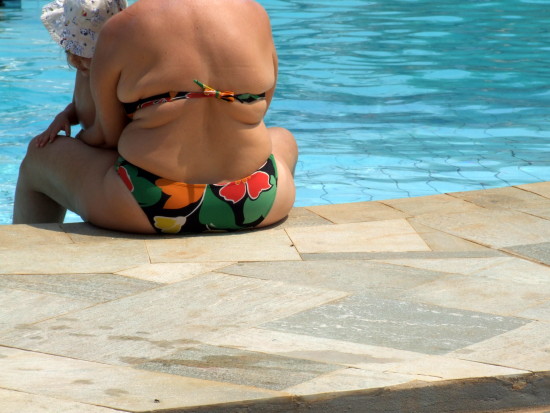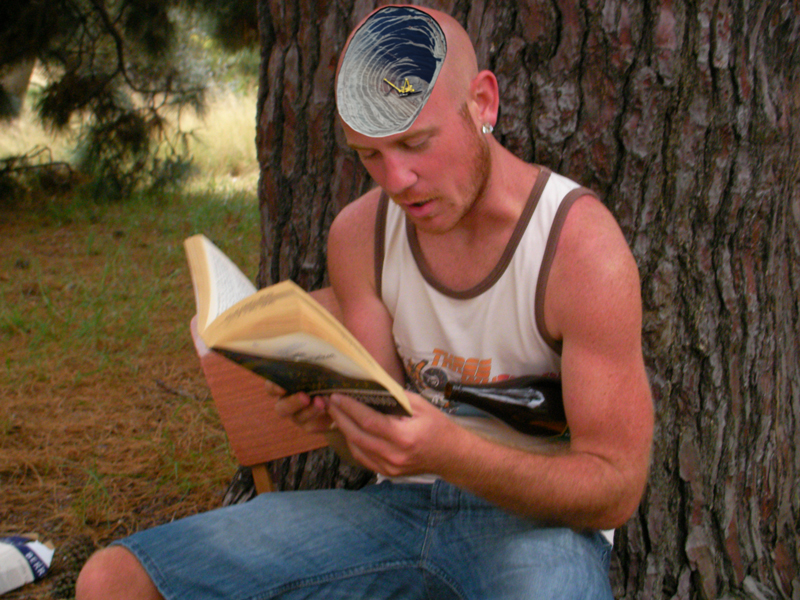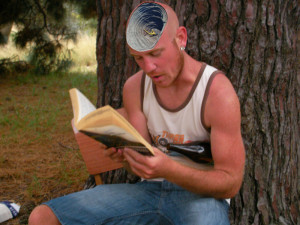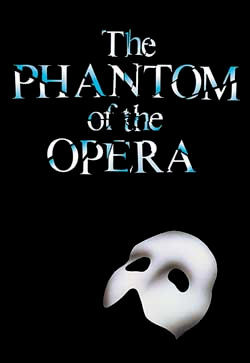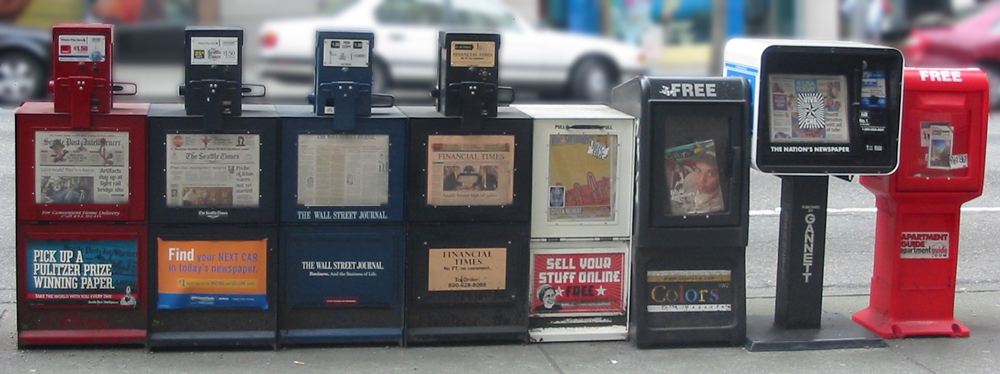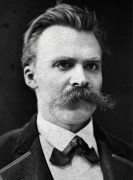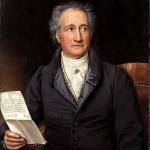What if the life you’re living is not the same as the life that wants to live in you?
Emancipation is a loaded word, a serious often traumatic term to describe oppression, whether the captivity of one nation over another, one gender by the other, or as in the African-American experience, slavery by color. Emancipation is primarily about slavery, literally or figuratively, as in the emancipation of youth. In this article, I prefer to use the term emancipation to describe the self-imposed slavery of self-confinement.
I know about slaves; my practice is primarily dedicated to the liberation of slavery. The reason I know about slaves is because I am one.
We are surrounded by people all the time, if not literally, at least virtually, through emails, texts, phone calls, Twitter feeds, Instagram notifications, and Facebook updates. Modern technology makes it all too easy to fill up space with lots of people and interactions. Ironically, while we’re surrounded by others, many of us are still very lonely. Crowding our lives doesn’t ease the loneliness. Crowded lives and lonely people. Our lives are crowded and noisy. We’ve grown so used to the noise of technology, and the noise in our heads even the liberating thought “somethings not right,” is drowned out by the competing mantra, “but this is what everyone else does.”
There are three human developmental periods we all must traverse in order to become ourselves. This article doesn’t permit me to go into detail about these three periods, and I will only cursorily touch on the first developmental period as a preface to the need for emancipation.
The Three Developmental Periods of Human Development are:
- Conformity
- Independence
- Autonomy
In conformity we seek to belong by going along to get along. It secures our place within the family, followed by our larger community. This is a period when you don’t make waves, follow the rules as they are laid out, take direction, and are a copy of somebody else. You graduate from the conforming period not upon arriving at a certain age, or accomplishment, only when a growing part of you awakens to, “I want more from life,” flowing from a divinely inspired instinct that some aspect of my life is restricting my freedom of expression and discovery. Only then do you begin the emancipation of setting yourself apart on the independent way of restructuring your life.
Life has a way of creating mental and emotional prisons, constructed through fear. We fear we won’t be acceptable apart from our familiar, conforming community. Professionally, I believe there is something, you pick the word, wrong, broken, undeveloped, missing in all of us. I place the number as 10% or less. We instinctively know this about ourselves, it’s what holds us back, frequently defending this 10% we create egoic prisons that feel safer than the uncharted path of emancipation, the slow and patient process of becoming who we truly are, where the caterpillar of our old self dissolves and the butterfly of our true, authentic being grows its wings.
Although our private selves “take place” in public, outsiders know little about the intimate environment we’ve created for ourselves. No one has complete access to our private selves, not our closest friends, relatives, nor even the children who live with us. What’s more, we actively generate privacy by giving our various publics only selected bits and pieces of information about our private selves. We work carefully to sustain a public impression in keeping with the image we want to convey. This is why I advise having compassion for everyone you meet. Bad manners, conceit, and cynicism in others may be a sign; you don’t know what wars are going on down there where the spirit meets the bone.
The futurist, Alvin Toffler reminds us, “the illiterate of the 21st Century will not be those who cannot read and write, but those who cannot unlearn and relearn.” Any voice promoting fear and self-doubt, wishes to secure itself within the museum of changelessness.
Only in emancipating yourself from the slavery of conformities snare can you claim, “I was born an original, I’m determined not to die a copy.” Conformity for popularity, and self-esteem’s sake alienates you from your truer, more evolved self. You know this. Don’t confuse consensus with conformity. We require consensus to avoid chaos. Remember we’re talking about the slavery of self-confinement fostered by fear of the unknown.
The pre-Socratic philosopher Meno asks, “How will you go about finding that thing the nature of which is totally unknown to you?” The emancipated life that wishes to live within you, wants a life that is transformative, but how do we go about finding these things that require extending the boundaries of the self into unknown territory? The inquiry itself carries undertones of acknowledging, “we are unlikely to find out who we truly are if we’re perpetually committed to familiarity.” Uncertainty is one by product of emancipation where the role of the unforeseen, the unfamiliar, and collaborations with chance limit one’s ability to plan and control in advance.
In our present cult of productivity and perilous goal-orientedness, we’ve lost our appreciation for the art of losing oneself. To lose yourself is to surrender to being present. To be fully present is to embrace uncertainty and mystery. Emancipation is not about being lost, but a willful losing oneself, a conscious choice, a chosen surrender. When things are lost the familiar is misplaced. In losing oneself the unfamiliar emerges challenging you to become free from strategies of the cautious mind to a life that is amazing, startling, and trans formatively authentic.
When you choose to loosen the grips of the familiar you begin to sense the world has become larger than your knowledge of it. The art of getting lost is not one of forgetting, but letting go, an emancipation setting free your unlived desire for meaning, for a larger life of passion, and creativity.
“The price of inaction is far greater than the cost of making a mistake.”
~ Meister Eckhart















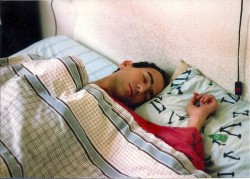



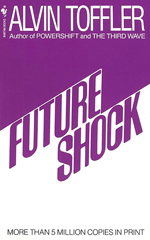 Astronauts of the future must be trained to depend upon forethought. Forethought is anticipatory thinking that foresees the relationship between a present decision and a future consequence. Alvin Toffler ranks as one of the best-known futurists. His book,
Astronauts of the future must be trained to depend upon forethought. Forethought is anticipatory thinking that foresees the relationship between a present decision and a future consequence. Alvin Toffler ranks as one of the best-known futurists. His book,  Twenty-first century travelers must no longer rely upon hindsight as a suitable navigational aid owing to the speeds at which we now travel. The training in forethought and precognition, the linking of today’s decisions with corresponding effects of tomorrow will be critical if we are to avoid a variety of volitional hazards. For instance, we know today that excessive alcohol consumption relates to a decrease in health, memory, and an increase in birth defects, and that certain family units produce emotionally immature offspring. The debate is over. Twenty-first century computers enable us to demonstrate in a fraction of a second the reciprocal relationship between two seemingly unrelated events. As a population of astronauts hurling into an uncertain future, we must begin to acknowledge our innate abilities to make similar connections.
Twenty-first century travelers must no longer rely upon hindsight as a suitable navigational aid owing to the speeds at which we now travel. The training in forethought and precognition, the linking of today’s decisions with corresponding effects of tomorrow will be critical if we are to avoid a variety of volitional hazards. For instance, we know today that excessive alcohol consumption relates to a decrease in health, memory, and an increase in birth defects, and that certain family units produce emotionally immature offspring. The debate is over. Twenty-first century computers enable us to demonstrate in a fraction of a second the reciprocal relationship between two seemingly unrelated events. As a population of astronauts hurling into an uncertain future, we must begin to acknowledge our innate abilities to make similar connections.
